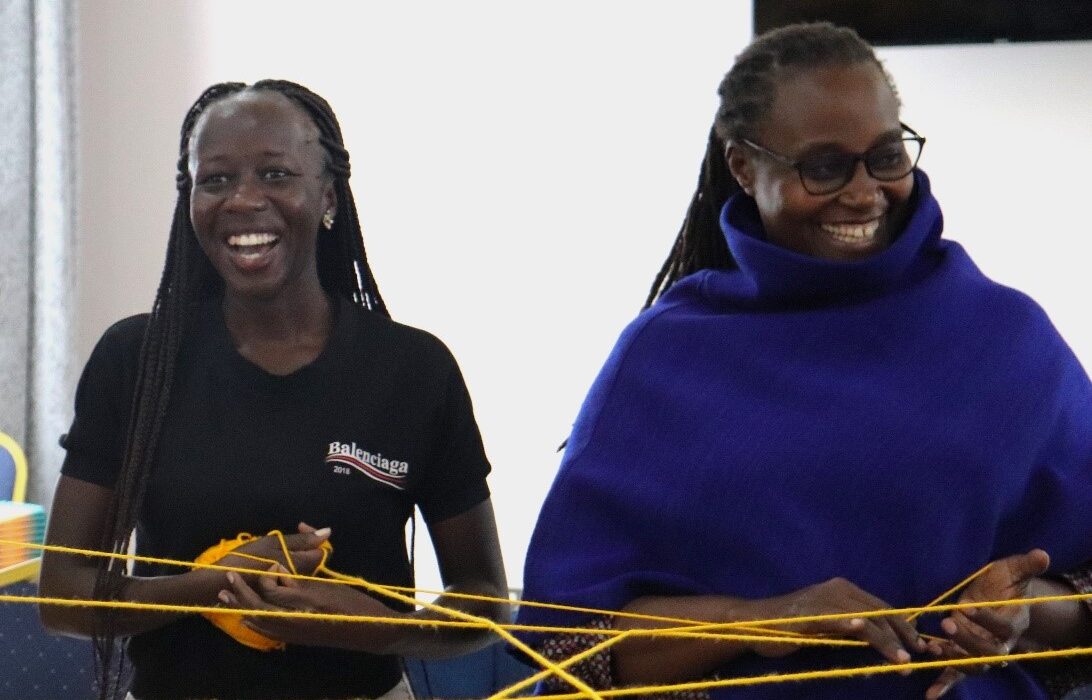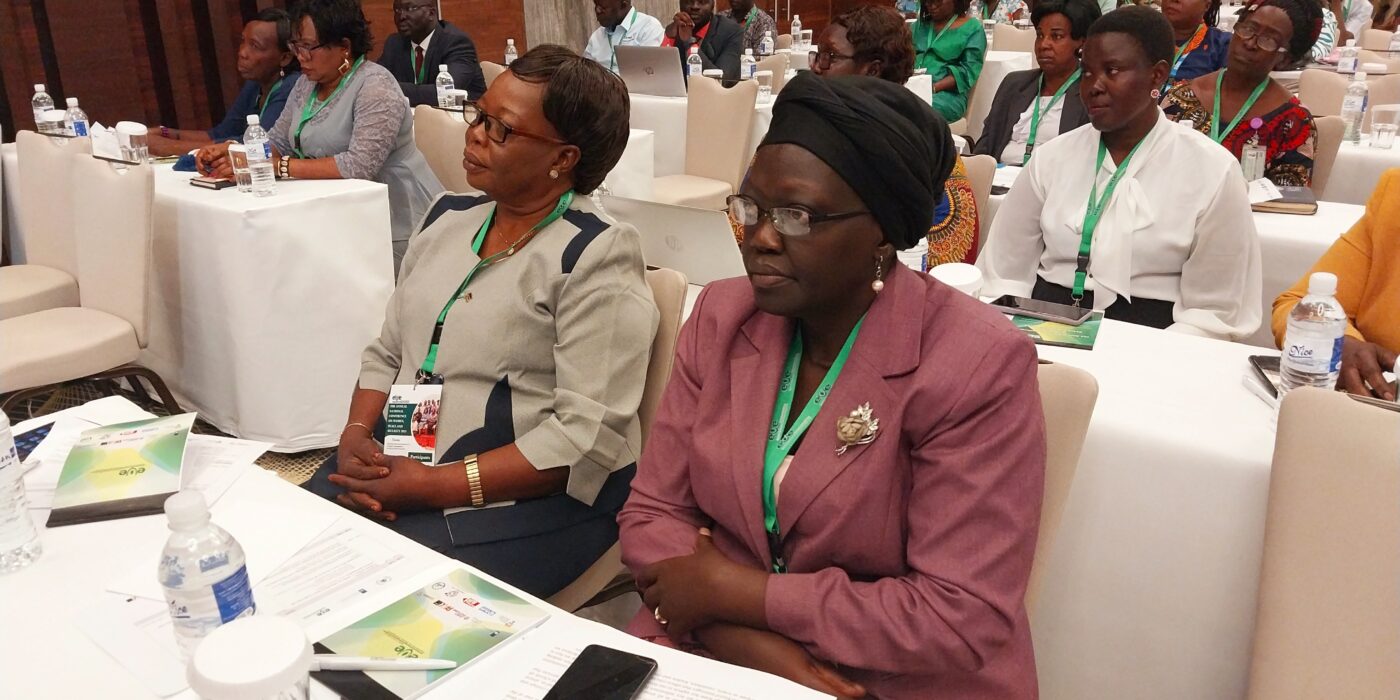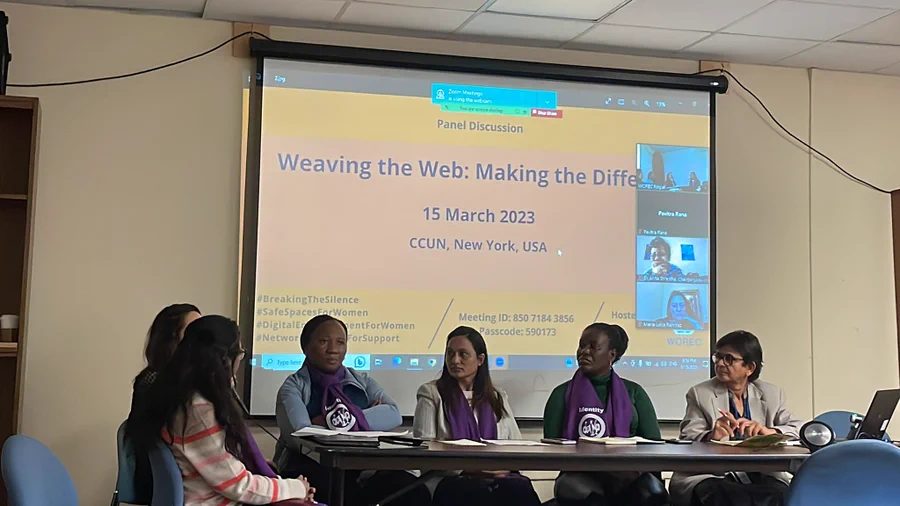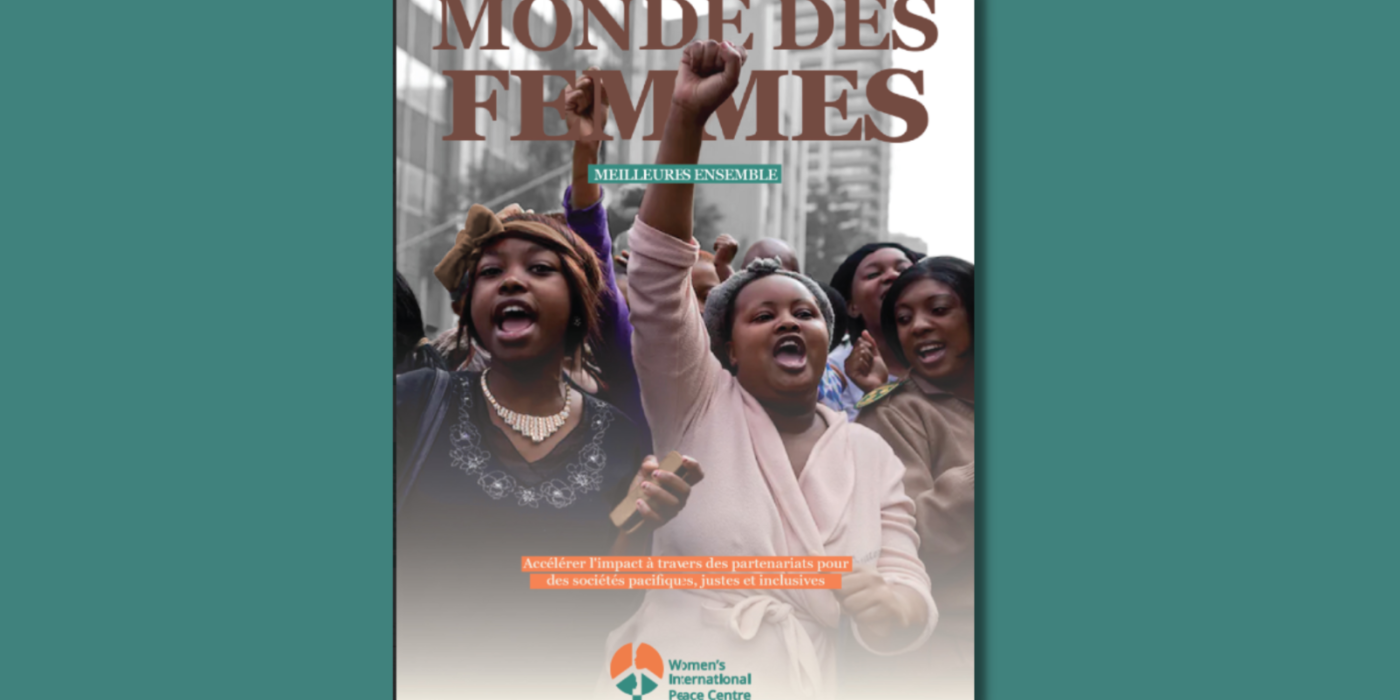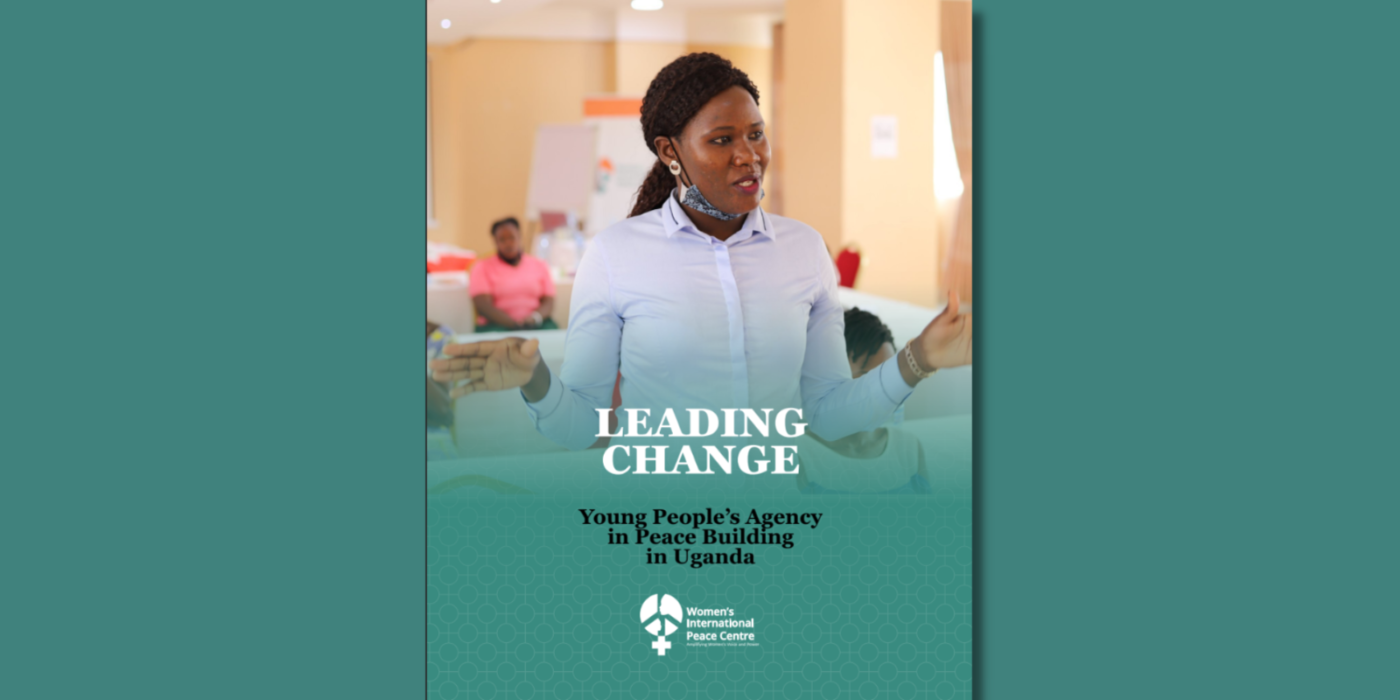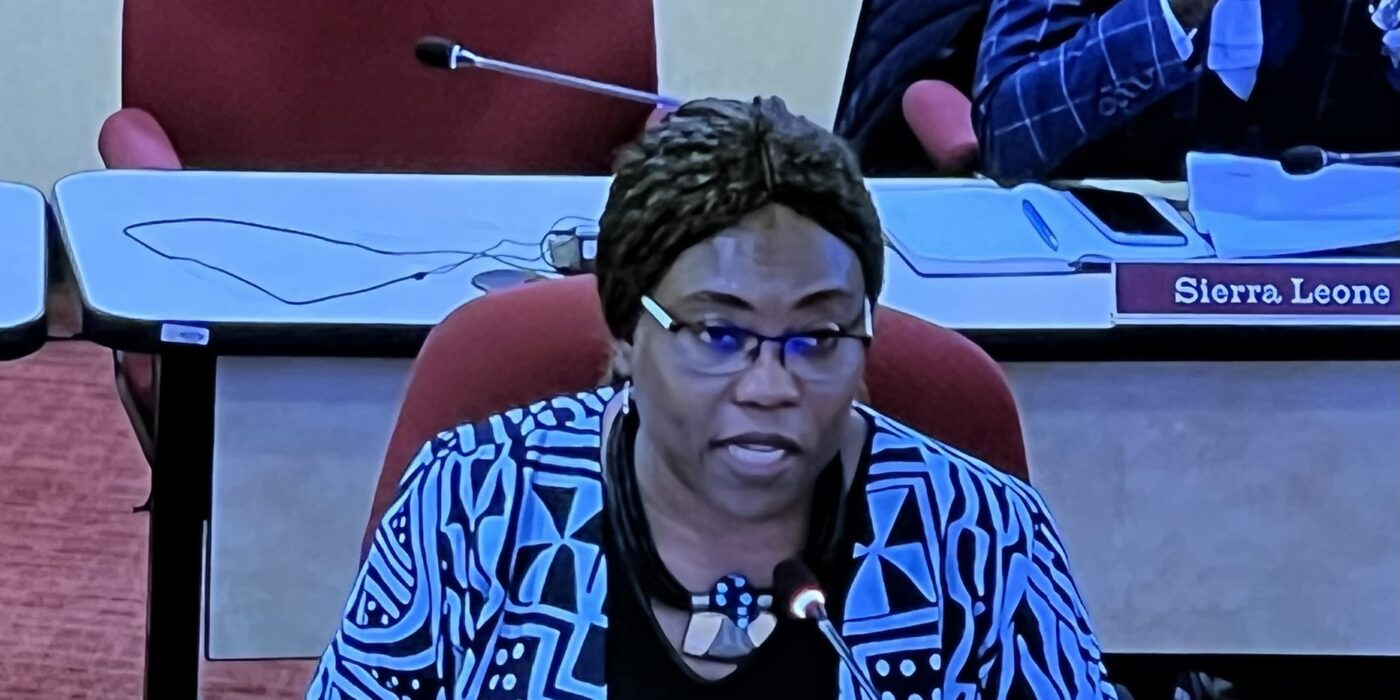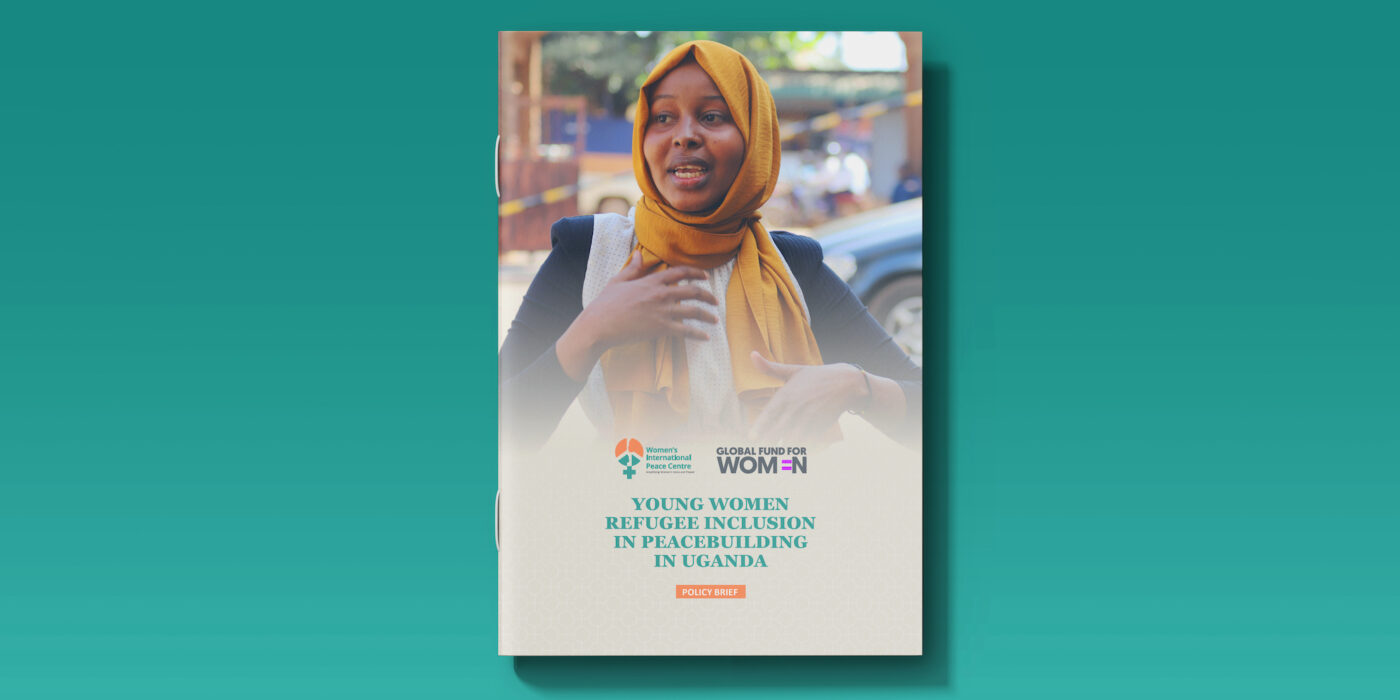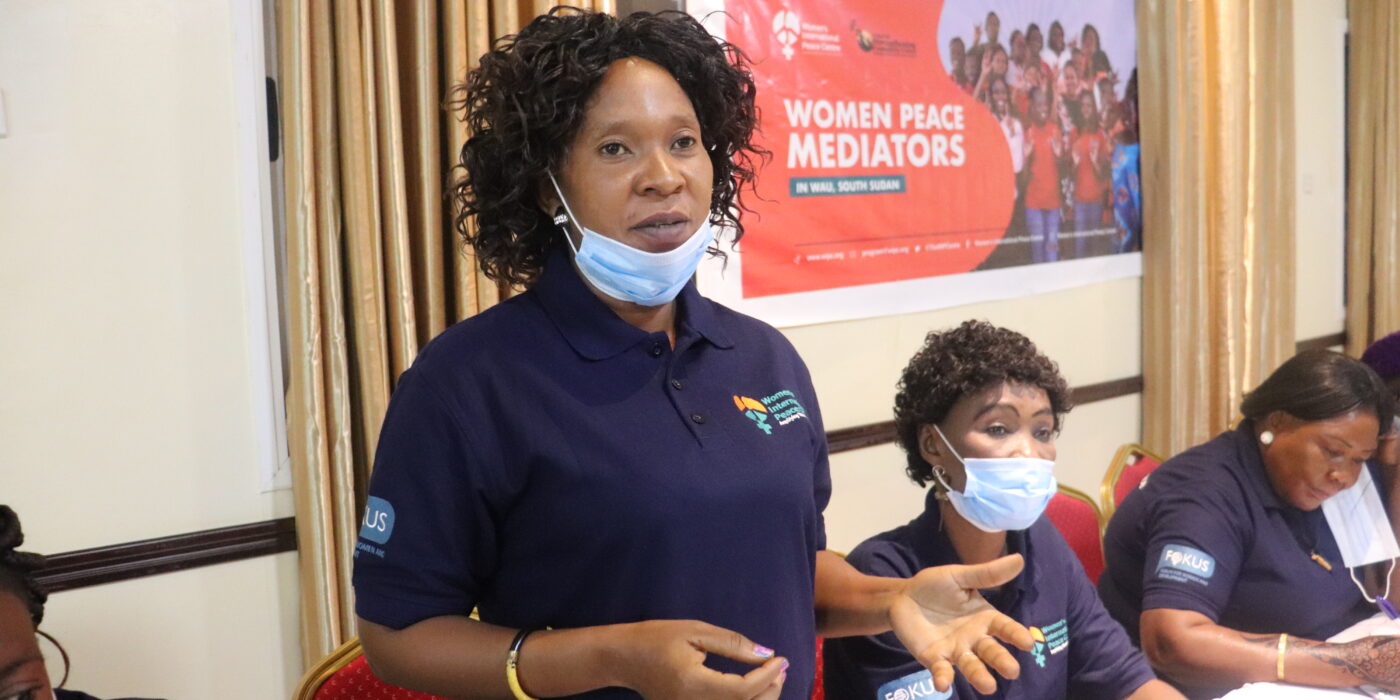Currently, the Women’s International Peace Centre is implementing a project “Building Sustainable Peace: Women, Peace, and Security (2019-2022)” in South Sudan. The project seeks to strengthen the capacity of women in South Sudan to mitigate conflict and sustain peace by enhancing their peace-building skills with a focus on mediation, conflict early warning, monitoring, analysis, and reporting from an engendered perspective.
From 20th to 25th June 2022, The Peace Centre conducted a training for 41 young women leaders from Wau, Yei, and Juba in South Sudan under the theme: “Young Women as Champions of Peace Building”, including youth leaders in the informal sector, young women leaders with disabilities, Civil Society youth leaders, political parties, academia, and female journalists.
Major topics of discussion included; Understanding peace and security in South Sudan, climate change and its dimensions in S.Sudan, documenting, reporting from a gender and women, peace and security lens, sexual reproductive health, and understanding feminist digital activism as an advocacy action plan.
During the training, participants were guided to share on the status of WPS in their communities. Key issues raised included increased gang violence, rape that is perpetuated by soldiers, weak laws on Gender Based Violence and the economic situation causing frustration in people among others.
Participants were also introduced to UN Security Council Resolution 1325 which emphasises the important role of women in the prevention and resolution of conflicts and in peace-building initiatives
It was noted that South Sudan is subject to International, continental and domestic frameworks such as; the African Charter on Human and People’s Rights on Rights of women in Africa (MAPUTO Protocol), AU Solemn Declaration on Gender Equality in Africa, Intergovernmental Authority of Development to mention but a few whose commitments she needed to respect. This however has not been the case as evidenced by the level of insecurity in the country.
The training also highlighted climate change and its impacts such as food insecurity and famine, displacements, excercabation of poverty as major causes of instability in the country thus solutions had to be found to combat the escalating problem.
Other topics of discussion included leadership skills, financial literacy skills, wellness and self-care sessions.
From the training, the young women developed action plans focusing on addressing issues of early child pregnancies/marriages; Child labor and street children, and inaccessibility of Sexual Reproductive Health Rights for women living with disabilities which were to be implemented in their various communities based on the knowledge acquired.

